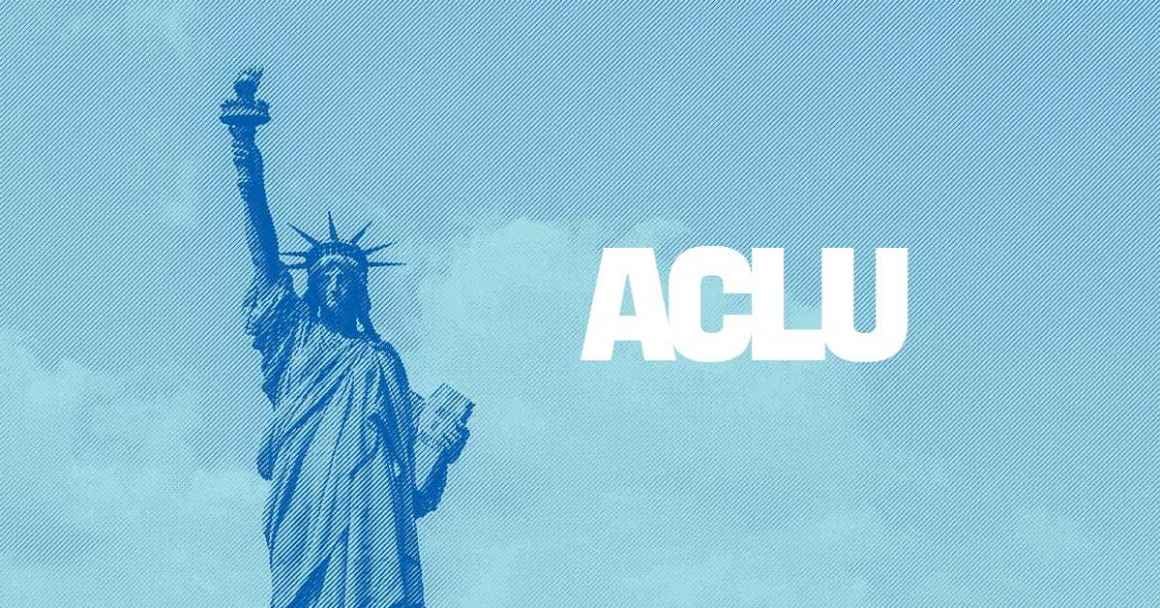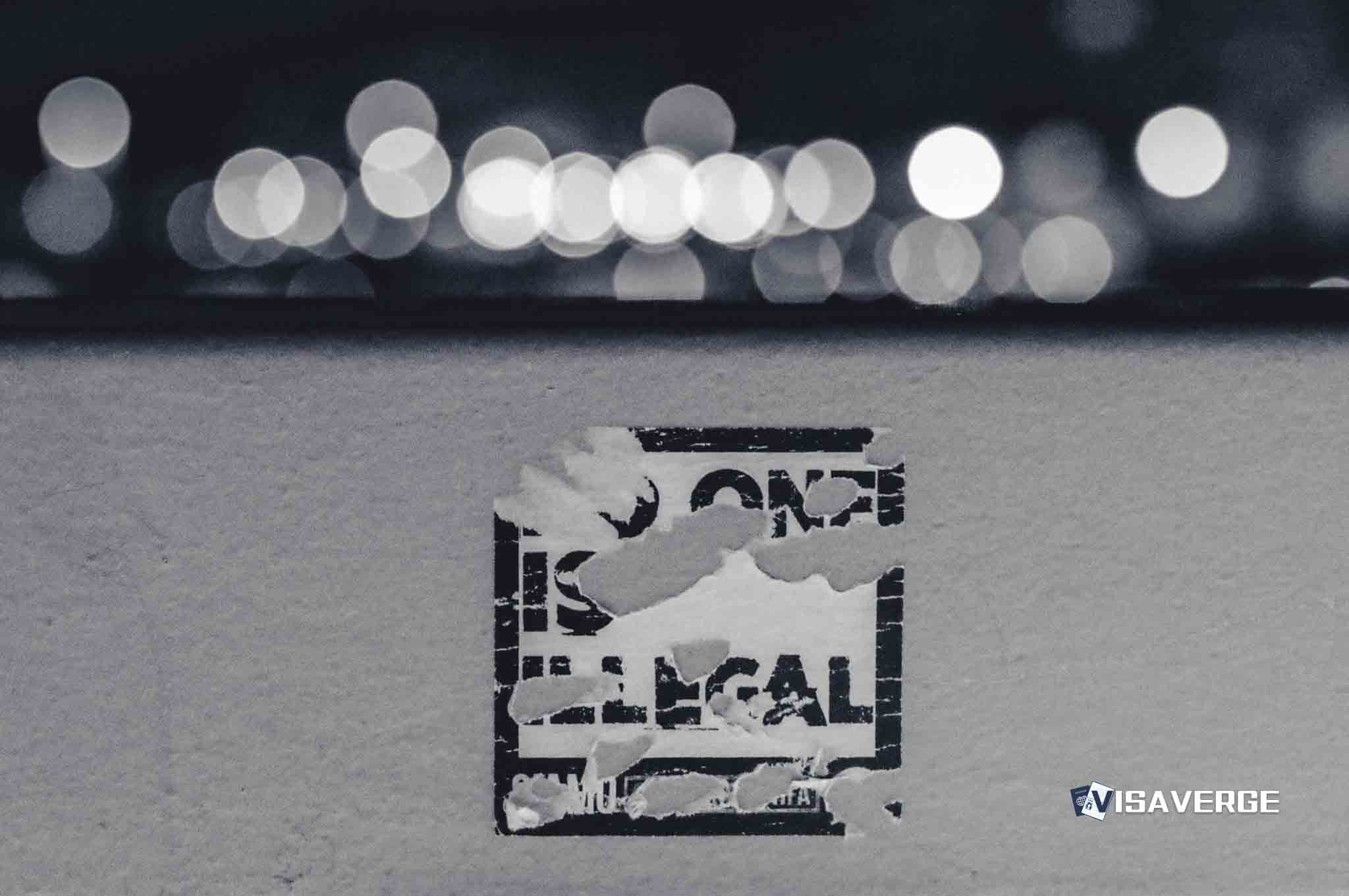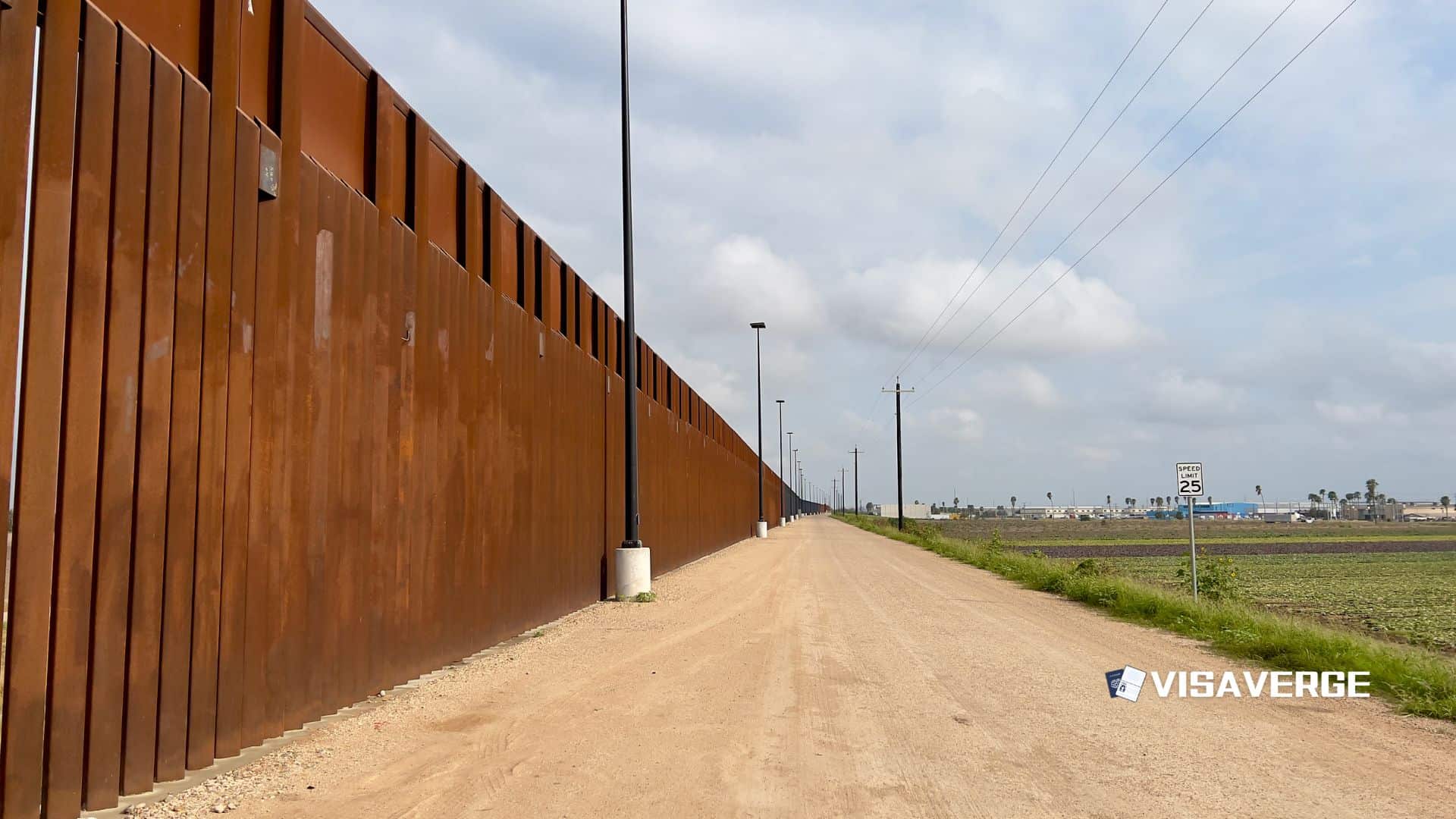(DETROIT) The ACLU of Michigan filed a federal lawsuit on August 12, 2025, challenging the detention without bond of Juan Manuel Lopez-Campos, a longtime Detroit resident held by Immigration and Customs Enforcement after a routine traffic stop. The complaint argues he has been denied any chance to contest his confinement or ask for release on bond, leaving him in open-ended custody while his case remains unresolved.
The case, brought with the national ACLU and the law firm Goodwin Procter, asks a federal judge to order that Lopez-Campos receive a prompt bond hearing and a fair chance to fight his detention. As of August 13, 2025, the case is pending, and he remains in immigration custody. The Department of Homeland Security has declined to comment on the ongoing litigation.

Civil rights lawyers say the dispute goes beyond one person. They contend “detention without bond” has become common for people arrested on civil immigration grounds, even when they have deep community ties, steady work, and no violent record. According to the ACLU, the result is prolonged incarceration for many who pose no danger or flight risk, simply because they cannot access a bond hearing or cannot afford bond once set.
Lawsuit Challenges Bond Practices
The legal filing centers on due process—the basic right to a hearing before the government takes away liberty. The ACLU argues that Lopez-Campos has been shut out of that process since the traffic stop that led to his detention, and that he should be allowed to appear before a neutral decision-maker to ask for release.
The complaint also highlights broader transparency problems around immigration detention, which the organization has pressed throughout 2025. Earlier this year, the ACLU sued ICE and the Department of Homeland Security over their refusal to release records about immigrants held in county jails.
The group says the agencies rely on an obscure federal rule to keep detention records secret, making it harder for families, lawyers, and the public to learn who is held and why. Ramis Wadood, a staff attorney with the ACLU of Michigan, has criticized those secrecy claims and the lack of clear due process protections for people in custody.
What “bond” means in immigration detention
A bond in immigration proceedings is an amount of money that, if paid, allows a person to await their case outside of jail while promising to return to court.
- When bond is denied—or set higher than a person can pay—detention continues.
- Prior legal challenges, including Rivera v. Holder, have questioned policies that require minimum bond amounts many low-income immigrants cannot meet.
Official information about ICE detention operations is available on the agency’s website: https://www.ice.gov/detention. That page explains the system from the government’s perspective and includes basic contact and location details for facilities nationwide.
Broader Context and Human Impact
In Michigan and across the country, “detention without bond” means long stays in jail-like settings for people accused of civil violations, not crimes. Facilities are often far from families and lawyers, and detainees may have limited phone access and difficulty finding counsel willing to take their cases.
For detained immigrants, each delay—a missing document, a rescheduled hearing, a transfer to another facility—can stretch days into weeks and months.
Advocates warn these delays carry serious costs:
- Parents miss school meetings and medical visits for their children.
- Employers lose workers without notice.
- Rent and car payments pile up.
- Community ties fray under prolonged separation.
When a person like Juan Manuel Lopez-Campos cannot even get a bond hearing, those risks multiply. The ACLU’s lawsuit seeks a narrow but powerful remedy: a chance for a judge to review custody and weigh release based on risk, not wealth.
Practical effects of timely custody reviews
According to analysis by VisaVerge.com, access to timely custody reviews often determines whether a person can:
- Keep a job
- Hold a lease
- Stay connected to support systems that help them appear for future hearings
If release is possible, people can gather records, speak with lawyers, and prepare their defense. If not, the odds tilt against them.
The ACLU of Michigan says the current system also reduces public oversight. Without clear rules that guarantee hearings and preserve records, families struggle to track loved ones and verify treatment inside facilities. That concern dovetails with the group’s earlier transparency suit seeking records about detention in county jails.
Together, these cases argue for a baseline: people in civil custody should be able to ask for release and see the records explaining why they are held.
Government officials rarely discuss active litigation. DHS declined to comment here, a common stance while a case moves through court. For families, that means little guidance on timelines.
As of August 13, 2025, there was no court ruling yet, and the suit filed on August 12, 2025 remained in its early stages.
What families and detainees can do
If you or a family member is detained, lawyers often suggest simple steps that can help:
- Keep key documents together:
- Identification
- Proof of residence
- Proof of work
- Medical records
- Write down the names of two or three relatives or friends who can help gather records or speak with a lawyer.
- If possible, retain counsel who handles immigration detention. Many legal aid groups keep waitlists; persistence helps.
Why this case matters
The Lopez-Campos lawsuit will test how far federal courts in Michigan are willing to go to require hearings for people held after routine arrests or traffic stops. A decision in his favor would not end immigration detention, but it could:
- Create a path for others to ask for bond
- Especially assist those with strong community ties
In the meantime, the phrase detention without bond will continue to carry heavy weight for families across Detroit. Lives pause.
Frequently Asked Questions
This Article in a Nutshell
ACLU of Michigan sued August 12, 2025, challenging Juan Manuel Lopez-Campos’s detention without bond after a traffic stop. The filing seeks a prompt bond hearing, alleging due process denial and systemic secrecy that prolongs custody for low-income immigrants lacking access to hearings or affordable bonds.













